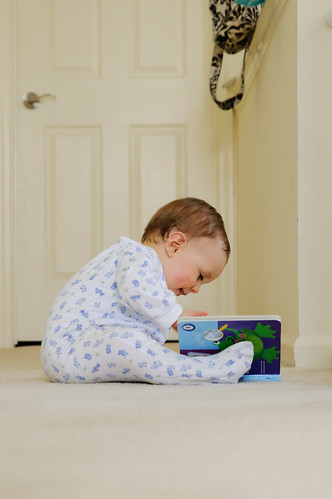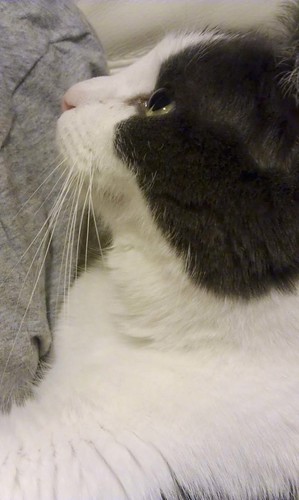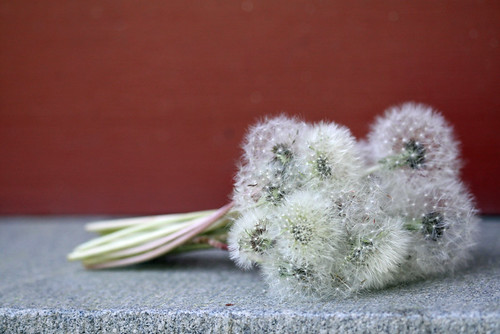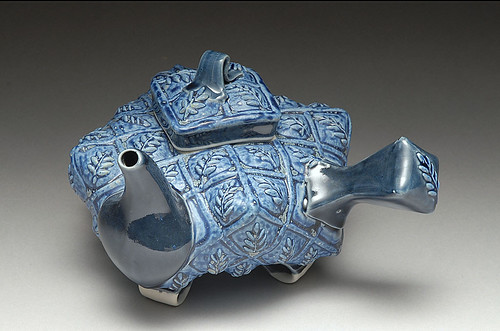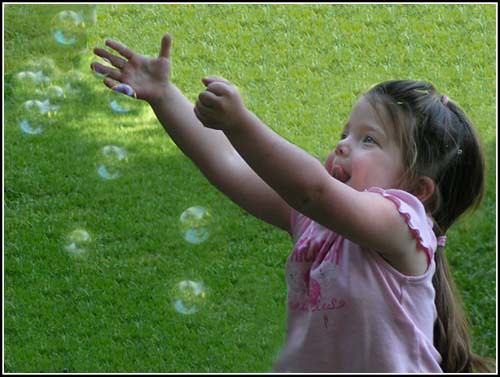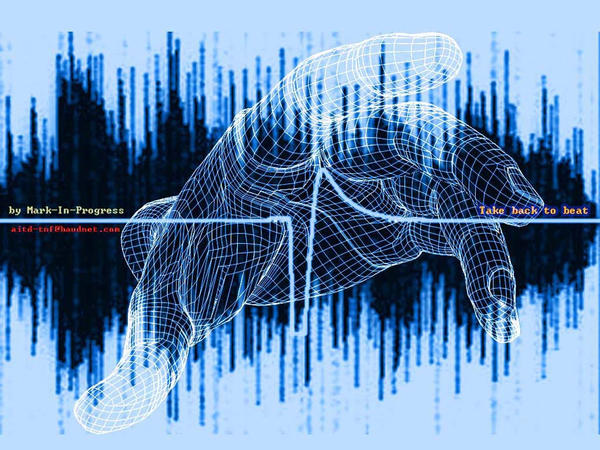I can’t believe I’m saying this, but this week I am trying to take Elle MacPherson’s advice on reading: “I don’t think you should read what you haven’t written.”
Julia Cameron often includes an exercise in the body of the chapter, in addition to the Tasks enumerated at the end. Usually they’re mildly interesting and you glide over them without too much time or effort required. Remembering your favourite things as a child, for example. That sort of thing.
This month: go a week without reading.
Er – what?
GO A WEEK WITHOUT READING!!!
Admittedly, I am presently nearing 19 hours into the reading deprivation, which may account for the edge of hysteria in my tone, but really!
Those close to me may wish to verify this, but I don’t believe I’ve gone that long without reading since I was three. And couldn’t read.
In the years since, I have gone to quite some lengths to avoid running out of reading material.
I would read the encyclopedia, or failing that, the dictionary. (The telephone directory was one A4 sheet, so not worth the trouble.)
At the age of six and a half, I ran through all my books on a family holiday and embarked upon my mother’s Agatha Christie.
This is a little more complicated than just not reading, though.
There are nuances.
The idea is to minimise input – especially in the form of words – so as to hear what is actually going on in our inner silence. Or something like that. I was too busy panicking to take in the delicate details.
Cameron makes an exception for her own book (gotta do those exercises!), and I intend to make an exception for reading Scripture – a girl’s gotta eat, after all.
However, since the aim is to drain out the words rushing in, that means no being read to (one of my favourite pastimes), no movies, no television, no radio. Silence.
I make another exception for conversation, since a) I am not a Trappist, and b) I have to talk at the Dreaded Day Job and if I don’t get to talk at home as well I Will Go Mad. Ditto for emails.
Madeleine L’Engle says “It’s a good thing to have all the props pulled out from under us occasionally. It gives us some sense of what is rock under our feet, and what is sand.”
I think I am coming to realise just how much of a prop reading is to me.
When I’m stressed, I read. When I’m curious, I read. When I want to relax, I read. When I find a fascinating little morsel on the library catalogue, I READ IT!
Take away reading and being read to, and you have most of my week’s leisure time accounted for. Take away television as well, and you have the half hour that was left.
So what am I going to do this week?
Lots of sewing, knitting and mending – although I will miss being able to do this while listening to the Caped Gooseberry read. Say what you like, re-elasticising old jammie trousers is not sufficiently mentally taxing to hold the mind in thrall.
(Plus the CG has a really nice reading voice. He starts reading aloud, and catweasel #2 will appear out of nowhere to curl up on his lap and gaze at him adoringly. I find this annoying, possibly on the grounds that we despise most in others the weaknesses we see in ourselves.)
Sleeping – not much point staying up late to finish the book you aren’t reading. Ditto TV, although I don’t bother staying up late for that anyway.
And hopefully writing. These are the only words that are not only permitted, but encouraged. I shall write blog posts. I shall write journal entries. I shall write morning pages. I shall try to write as much as possible on my Work In Progress.
The clock stops at midnight next Sunday.
There are two possible scenarios at that point:
One, I am so thoroughly purged of the babbling detritus of modern existence that I glide serenely through life, possibly emitting a faint humming noise, and not even noticing that the reading ban is over, so enlightened am I.
Two, I stay up late in order to feast my starved eyes on the fat deliciousness that is The Book. (Touch the book. Smell the book. Kiss the book. Read the book Read The Book READ THE BOOK!)
Brand me a pessimist if you must, but I believe the second scenario to be somewhat more likely.
Did I mention that due to the national commemoration of the war dead (i.e. ANZAC Day) I will have a whole extra day at home this week?
Did I mention how many books I have at home? (Hundreds. Over a thousand, I think. I haven’t had time to count them in the last few years. Possibly something else that can be done while Not Reading, if you’ve always wondered what it would be like to be Tantalus.)
Did I mention that I bought an 878-page book online last week, and it arrived today?
My timing is impeccable.
All inquiries care of the Nut House.


